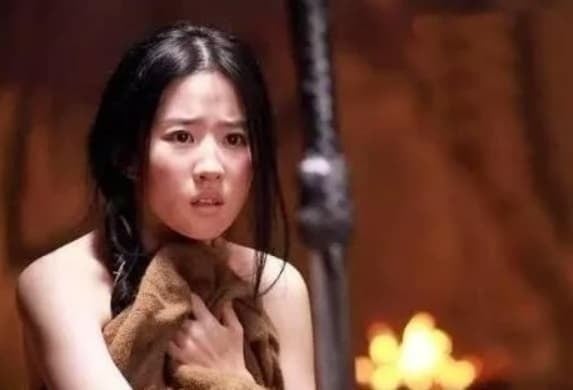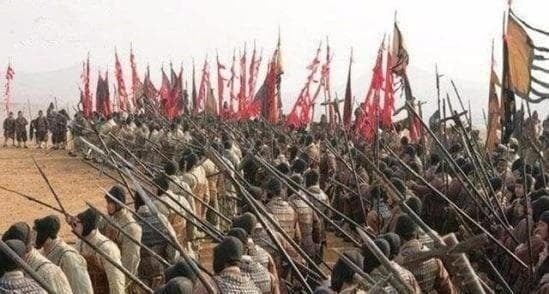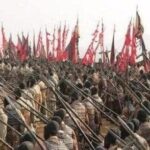Physiology is an essential aspect of human life, encompassing basic needs such as eating, resting, personal hygiene, and notably, sexual needs—a natural instinct vital for maintaining health and the survival of the species.
How Ancient Soldiers Addressed Physiological Needs: Unspoken Historical Perspectives
In the annals of ancient military history, particularly in China, where armies were predominantly male, maintaining soldiers’ physical and mental well-being was a complex challenge. Among these concerns was the physiological need—a fundamental biological requirement often deemed sensitive.
To tackle this, various dynasties employed methods ranging from humane to extreme. One milder approach allowed the wives of high-ranking officers to accompany the troops. These women not only managed daily life but also alleviated loneliness and stress during prolonged campaigns. However, this practice was rare, as women of that era were seldom trained to endure the perils of the battlefield.

Another documented method was the use of “military consorts”—women selected by the court to fulfill soldiers’ physiological needs. This approach, however, was highly controversial, as these women had little autonomy and were often seen as servants rather than protected individuals.
In more extreme cases, historical records reveal that some ancient armies encouraged soldiers to seize women during attacks or conquests as a form of immediate reward to boost morale. This not only inflicted lasting trauma on the victims but also reflected the feudal society’s disregard for women, who were often treated as spoils of war.

Reflecting on these practices, it’s clear that war’s impact extends beyond casualties, raising profound ethical and humanitarian questions, particularly regarding women’s roles and rights.
Today, with societal progress and advancements in military thinking, modern armies approach physiological needs differently. Regular cultural and social exchanges foster healthy relationships among soldiers. Additionally, the increasing presence of women in the military not only promotes gender balance but also cultivates a more civilized and progressive military environment.
“Getting Lost” in the Mega Shopping Center of Ha Kou: Indulge in a Shopping Spree of Affordable Domestic Goods
Ha Khau, Yunnan Province, China – a mere 2 km from the Lao Cai international border gate – has long been a familiar destination for many Vietnamese tourists. This bustling city is not only renowned for its towering skyscrapers and vibrant streets steeped in Chinese culture but also houses a unique shopping center: Ha Khau Central Market.





































